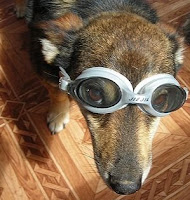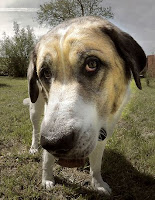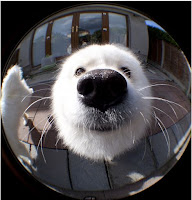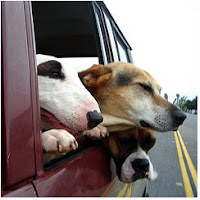Dog blog 9 - time travel

Time travel If you could, would you go back in time? Where to? When? Would you take anything with you? Knowledge? A flask of tea? Or would you just go back to have a look? There's some very interesting ethical questions about time travel. Assuming you could, would it be justifiable to disturb the timeline? Would stopping a tyrant like Hitler, for example, be defensible? Doing that might save millions of lives. But it would also pull the rug from under the various Human Rights Conventions and ideas about liberty and control on state power that sprung up in direct reaction to Hitler's reign. A tough one. And here's another: if you could disturb the timeline and create a mini-multiverse with two possibilities, would your choice to go back in time and create a different timeline have any moral value anyway? On the basis that the original result would still have taken place in one universe? At best, would your choice be morally neutral? Maybe that's not how ti...





